"While there is no political space in Washington for engagement with Iran in an election year, diplomacy is the only approach that has reined Iran in:" Ali Vaez
President Joe Biden still believes that the US can limit Iran, but the death of three US soldiers has drawn the US deeper into a proxy conflict that he had intended to avoid.
The drone attack by militants with Iranian support on US personnel in Jordan crossed an undefined red line for the Biden administration, following years of trying to defuse tensions with Iran through diplomatic means and months of trying to prevent the Israel-Hamas conflict from getting worse.
The Huthi rebels in Yemen are yet another group that receives support from Iran that the US has already targeted. The strikes follow warnings that did not deter Huthi attacks on Red Sea cargo, which the rebels claim are acts of sympathy with the Palestinian people in Gaza who are being bombarded by Israel, an ally of the United States.
At the beginning of an election year where Biden's Republican opponents are going all out and pushing for direct strikes on Iran, the White House has pledged a "very consequential" reaction to the Jordanian attack.
However, leaders in Iran have attempted to disassociate themselves from the attack; the Biden administration has previously said that it does not seek conflict with that country.
Alex Vatanka, the Middle East Institute's founding head of the Iran program, described the situation as "a fork in the road."
He said that Iran's goal since the October 7 attack by Hamas on Israel has been "to avoid war with Israel and the United States, but to use this opportunity to squeeze both as part of a long-term game plan."
The clerical state knows that, "like Iran, the United States is not interested in a regional escalation."
But Iranian officials also know that, with elections approaching, "President Biden is already being hammered for being weak in the face of foreign adversaries, and that politically he has to do something."
- How to change Iran calculus? -
Vatanka anticipated more US strikes on Iran's "Axis of Resistance," with warnings conveyed to Tehran to indicate that a further escalation is unaffordable.
The United States, according to former State Department official and current Atlantic Council member Thomas Warrick, had no good options.
Attacks against proxies won't dissuade Iran, and a full-scale offensive in Iraq would give Tehran a strategic win by fortifying demands for the withdrawal of US forces.
"The Iranian regime doesn't believe in deterrence the way US policymakers and strategists do," he claimed.
Other options could include directly targeting a top military site inside Iran or eliminating Revolutionary Guard positions in Syria, where Israel has also been striking Tehran's capacities.
"Neither of these options are good, and both risk keeping the United States embroiled in a regional conflict that the Biden administration was hoping to avoid," he said.
- Hopes dim for diplomacy -
In 2020, after another flare-up with Iranian-backed groups at the start of an election year, then president Donald Trump ordered a strike at the Baghdad airport that killed General Qasem Soleimani, the storied commander of an elite Revolutionary Guards unit.
But months earlier, Trump abruptly cancelled plans to strike Iran itself, wary of escalating conflict over Tehran's shooting down of a US unmanned drone.
The Biden administration took office seeking diplomacy with Iran, negotiating through the European Union on restoring a 2015 nuclear deal scrapped by Trump.
The talks collapsed in part over Iran's demands for greater sanctions relief, and an agreement became politically toxic after the religious regime violently cracked down on women-led protests that erupted in September 2022.
But US officials since then have quietly spoken to Iran about regional tensions and -- until October 7 -- the Biden administration had boasted that it had brought attacks on US troops down to a standstill.
Now, while US officials are not speaking in the language of regime change, Vatanka said they have concluded that a "fundamental part of a solution to a large-scale sustained de-escalation in the Middle East requires a very different political order in Tehran."
Director of the International Crisis Group's Iran project Ali Vaez stated that the US deaths were a "major step up the escalation ladder by Iran-backed groups" and that Tehran's denials of responsibility held little weight.
However, he claimed that while US strikes in Yemen, Syria, and Iraq had brought peace, they had only emboldened fighters backed by Iran.
"While there is no political space in Washington for engagement with Iran in an election year, diplomacy is the only approach that has reined Iran in," he said.
End//voice7news.tv




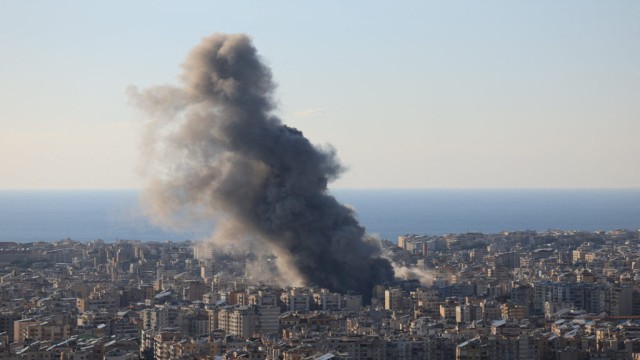
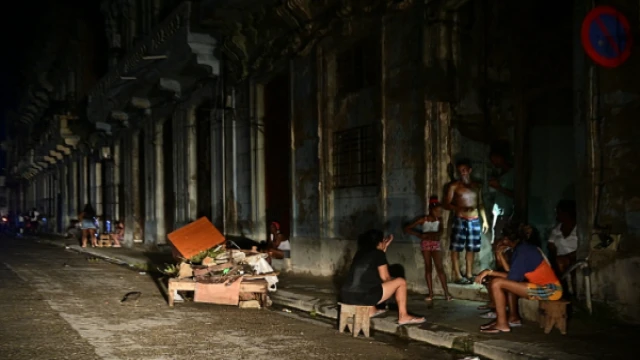

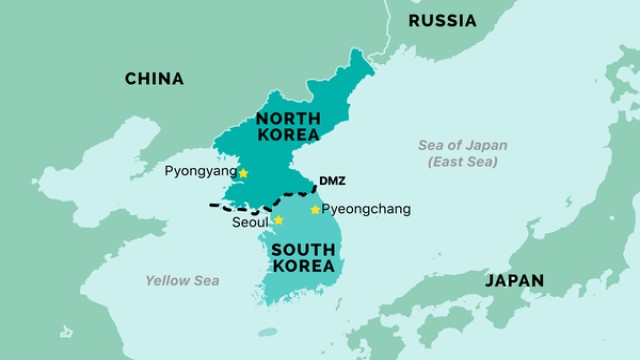
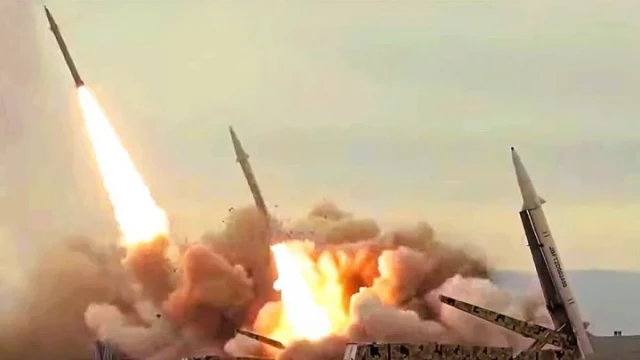
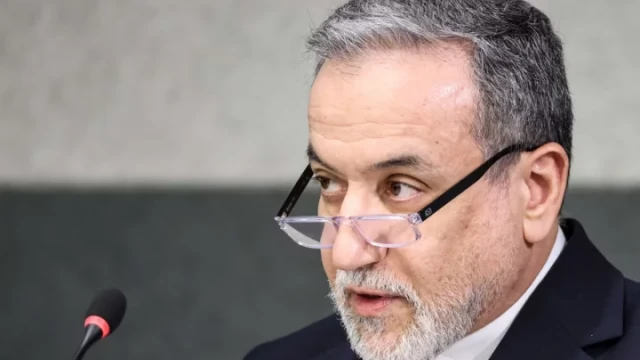

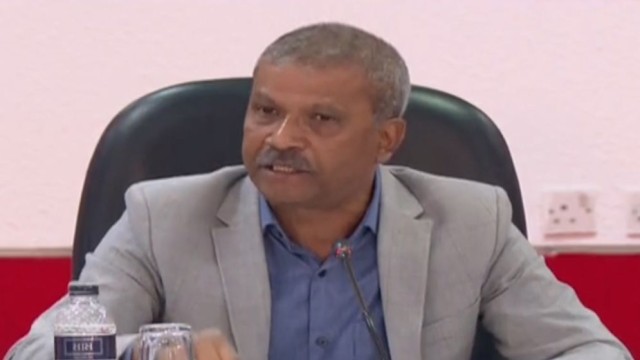
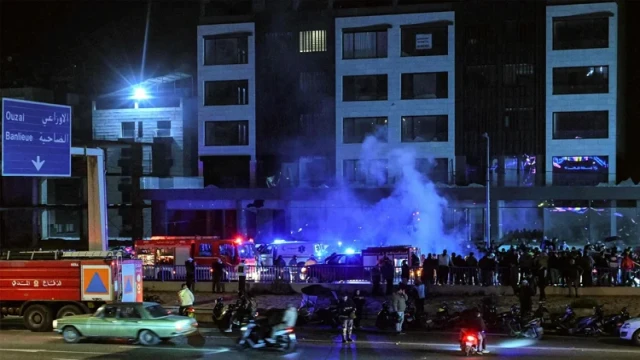














Comment: